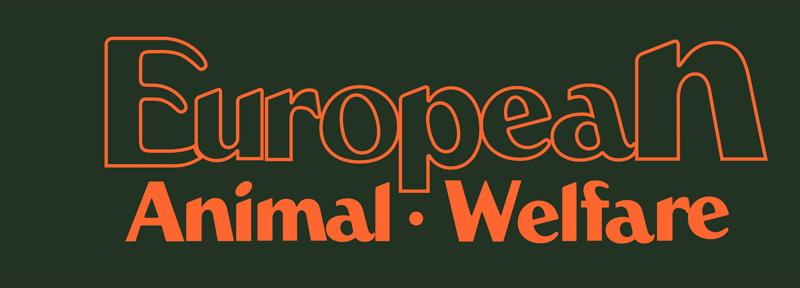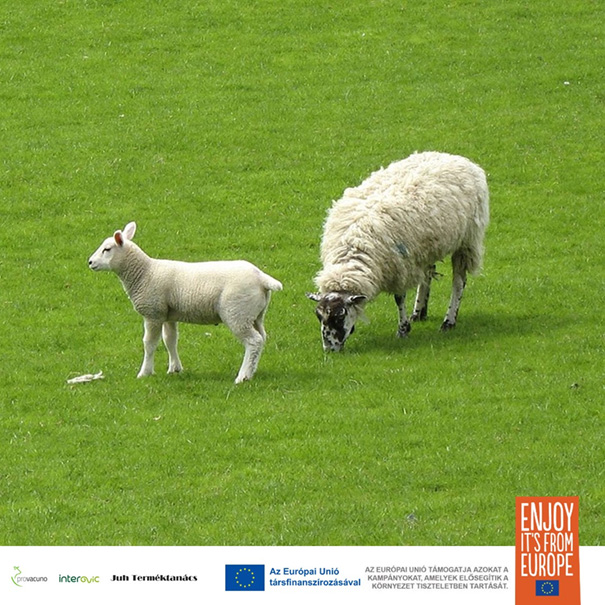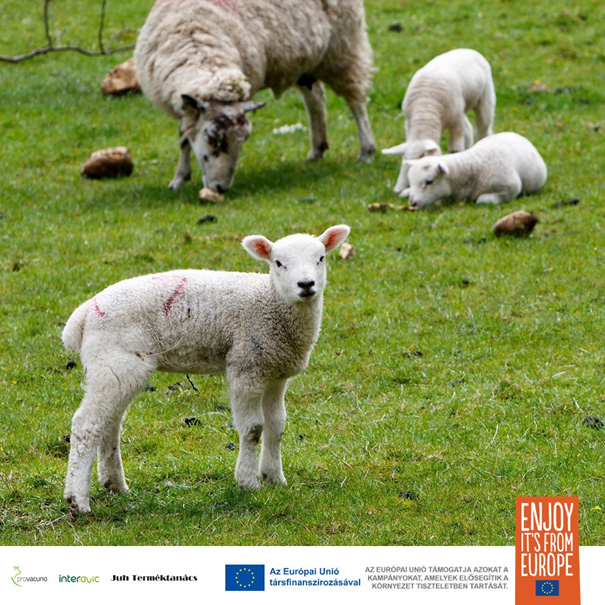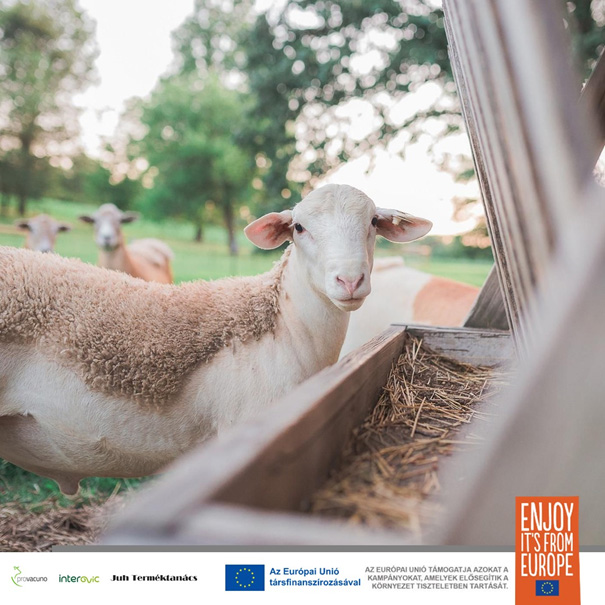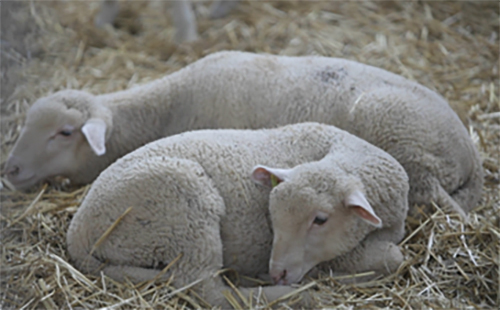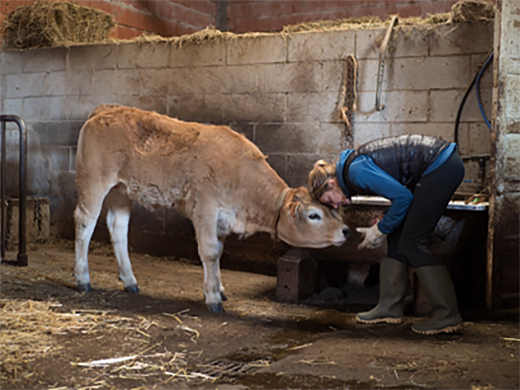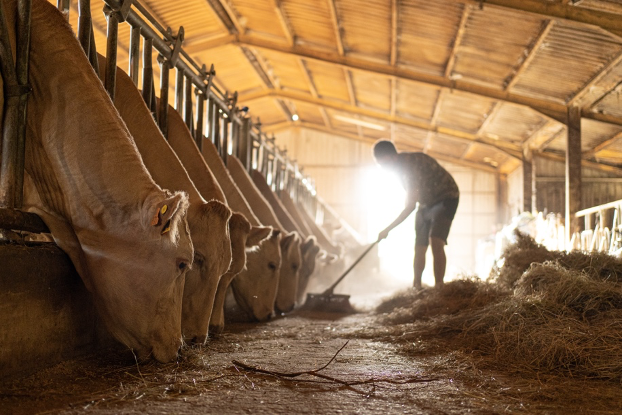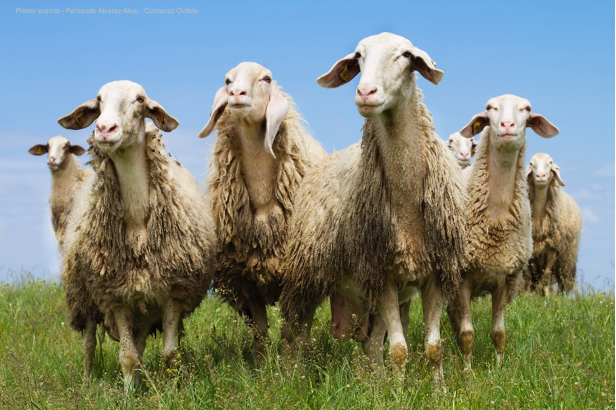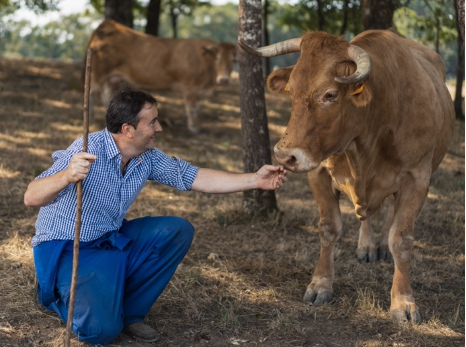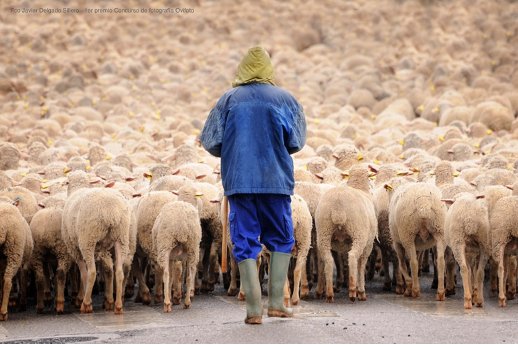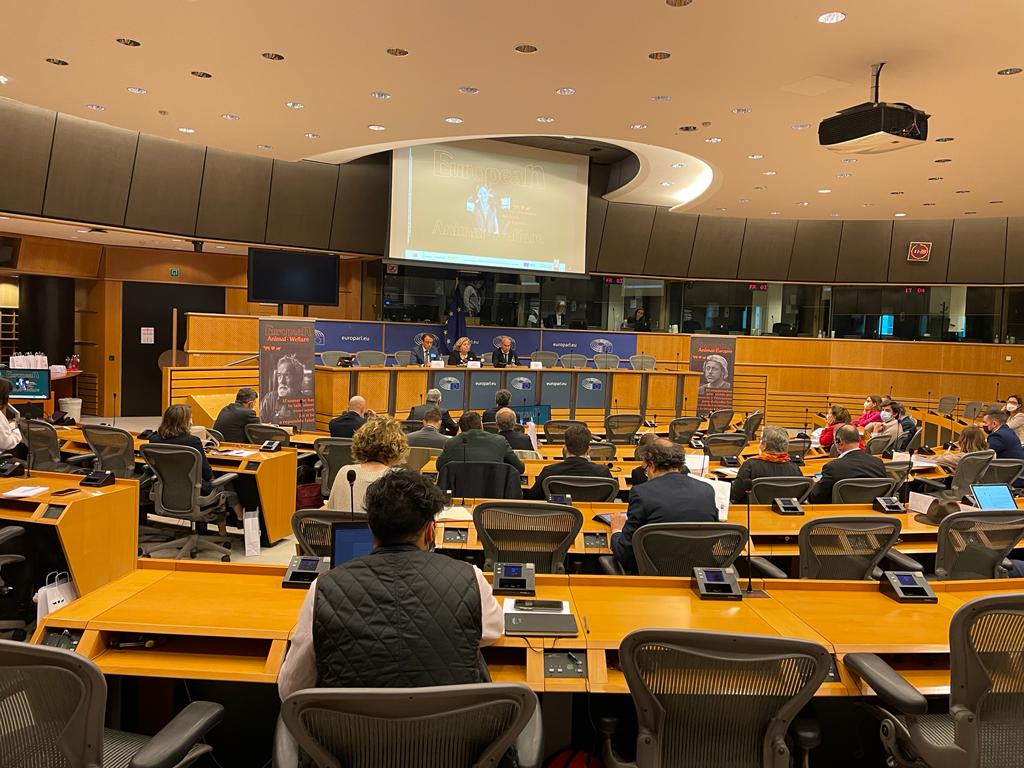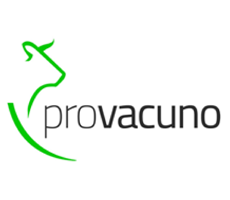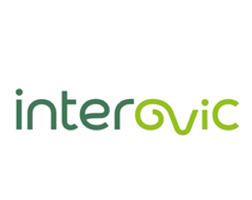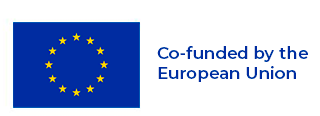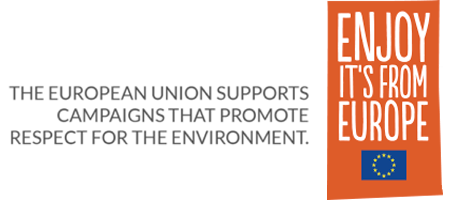Last April 26th we presented in Madrid the promotion plan «European Animal Welfare of Ruminants». A three-year program financed with European funds for the Spanish and Hungarian sheep and goat interprofessionals (Interovic and JTT) and the Spanish beef interprofessional (Provacuno) to promote and disseminate animal welfare and accredited certifications with which the consumer will be able to recognize at the point of sale the sheep, goat and beef meats that have been produced in compliance with strict parameters that guarantee in a solvent, transparent and transparent way, The event took place at Provacuno’s head office in Madrid, Spain, and was attended by the Spanish Association for the Promotion and Promotion of Animal Welfare (Provacuno) and the Spanish Meat and Beef Association (Provacuno).
The event took place at the headquarters of the Representation of the European Commission in Spain where the day began with a warm welcome by its director, Mª Ángeles Benítez, who lamented that the European livestock sector is sometimes unjustly discredited, ignoring the important contribution it makes to citizens (providing safe food of important density and nutritional value) and to ecosystems and the environment. «Although production systems can all be improved and must continue to adapt to the requirements of the fight against climate change and environmental protection, the current European legislation is the most demanding in the world in terms of animal welfare, environment, quality and safety for sustainable production to ensure affordable quality food for Europeans,» said Benítez.
The welcome was followed by the presentation of the campaign and the reading of the decalogue of the Animal Welfare Commitment that the Spanish and Hungarian sheep and goat farmers and the Spanish cattle farmers wanted to express to society their commitment to the health and welfare of animals.
The day ended with an interesting round table on «The importance of accredited certification» which was moderated by Viviana Kuncar, an expert in certification and director of the food consultancy firm VKF, with the participation of the head of the Agri-Food and GLP Department – ENAC, Pilar Pérez, the general manager of the Inter-Food Forum, Víctor Yuste, and the commercial manager of the company DeOvino, which has accredited certification in Animal Welfare, Valentín Sánchez.
The members of the Forum explained the keys that define the credibility and rigor of the certifications. In this respect, Pilar Pérez of ENAC stressed the importance of accredited certifications, since «an accredited certification provides confidence to users by guaranteeing that the certification entity has technical competence, is impartial and independent, and has the necessary resources to carry out its work properly, since only accredited certification entities have demonstrated to an independent third party their competence and impartiality to provide the certification service».
For his part, the general director of the Inter-Food Forum, Víctor Yuste, insisted that today’s consumer has changed and «has a sustainable vision with the environment and animal welfare», which is why today «it is essential to inform him properly and truthfully about what the certifications in Animal Welfare imply, as these interprofessionals are going to do during the next three years with this campaign that is presented today».
From the point of view of production, the commercial manager of the company DeOvino, Valentín Sánchez added that the accredited certification in Animal Welfare introduces important advantages to farmers and their environment since «it is a tool that allows to maintain the different parameters that affect the animals under a continuous surveillance system and this also brings tranquility and welfare to both farmers and those who work every day with the animals, as well as the supply chain, in addition to the socioeconomic welfare of the environment».
The day ended with the intervention of the president of Provacuno, Eliseo Isla, who, coinciding with the conclusions of the round table, wanted to emphasize that «the accredited certifications offer the maximum guarantees of independence and transparency of the certification process and are valid and recognized at international level». Likewise, Isla insisted on the importance that «accredited certifications are based on scientific parameters that measure what really affects the welfare of the animals and that are measurable and quantifiable repeatedly over time so that, in this way, they can really be objective, have traceability over time and can be monitored to ensure the welfare of the animal».
The president of Provacuno said goodbye asking for the collaboration of the institutions and the media to disseminate rigorous and scientifically based messages to put an end to fakes and to make it easier for consumers to truly know the meaning and scope of what an accredited certification in animal welfare offers them and reminded them that «farmers are at the top of the list of those interested in animal welfare. Without animal welfare, production is not possible».
This event may seem like just another event that the agri-food sector carries out every day, but the reality is that, without a doubt, it is a milestone that marks a before and after because it is a step forward in demonstrating the commitment of an entire sector that wants to do things in the best possible way and with the greatest possible honesty and transparency.
It only remains for you, reader of this message, to perceive this feeling and join in this #commitment that should belong to everyone: the sector, but also the institutions and society.
